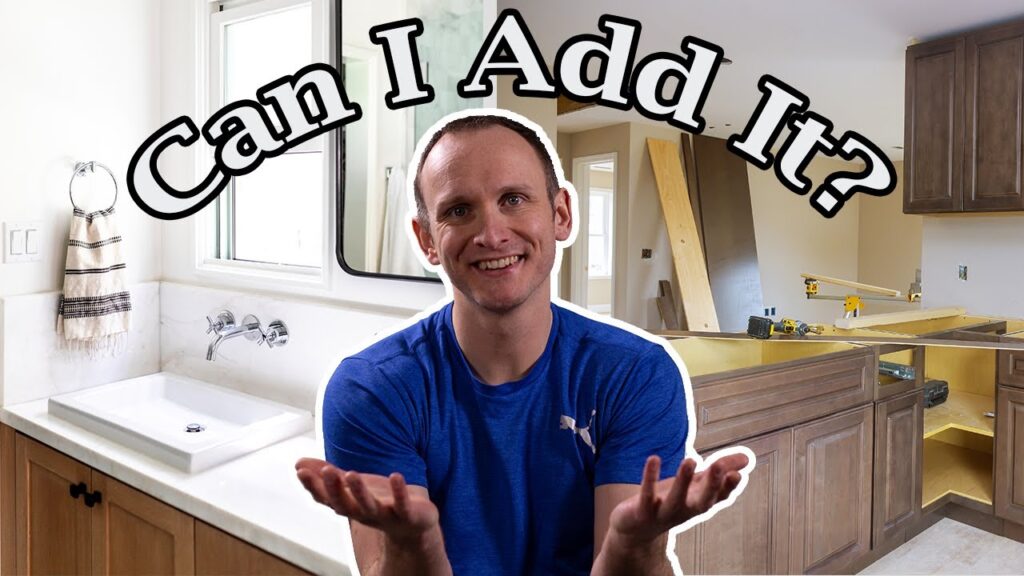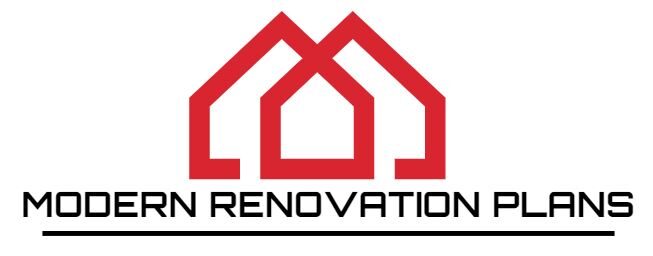
Hello and welcome to Modern Renovation Plans! I’m excited to share my knowledge about including renovation costs in your mortgage. As a homeowner, I understand the importance of budgeting for renovations while considering the long-term financial impact. Let’s explore how to incorporate these costs into your mortgage and make your dream home a reality.
The Benefits of Including Renovation Cost in Your Mortgage
When budgeting for a home renovation, it’s essential to consider the financial options available. Including the renovation costs in your mortgage can offer several benefits. By financing your renovation through your mortgage, you can potentially secure a lower interest rate compared to other financing options. Additionally, spreading the cost over the life of your mortgage can provide more manageable monthly payments.
Furthermore, including renovation costs in your mortgage allows you to tackle all the necessary improvements at once, without draining your savings or taking out high-interest loans. It’s a strategic financial move that can save you money in the long run and increase the overall value of your home.
Understanding the Process of Including Renovation Costs
When considering including renovation costs in your mortgage, it’s important to understand the process involved. This typically involves working with a lender to assess the total cost of the renovation and determining how much additional financing you will need. The lender will then conduct an appraisal to assess the post-renovation value of your home, which will be used to determine the maximum loan amount.
It’s crucial to research and compare different mortgage products that offer renovation financing options, as each lender may have varying terms and requirements. Engaging with a knowledgeable mortgage professional can help you navigate this process and ensure you make the best decision for your financial situation.
Factors to Consider Before Including Renovation Costs
Before moving forward with including renovation costs in your mortgage, there are several factors to consider. Firstly, you’ll need to carefully assess the scope of your renovation project and develop a detailed budget. It’s essential to prioritize the most critical improvements that will add value to your home and enhance your living space.
Additionally, it’s important to evaluate your financial stability and consider your long-term financial goals. Assessing the impact of increased debt and the potential for unexpected costs during the renovation process is crucial. It’s also advisable to calculate the anticipated return on investment for the planned renovations, ensuring that they align with the overall market value of your home.
Consulting with a Professional
While navigating the process of including renovation costs in your mortgage, seeking guidance from a reputable mortgage advisor or financial planner is highly recommended. These professionals can provide personalized insights based on your financial situation and renovation goals. With their expertise, you can make informed decisions that align with your long-term financial well-being.
A professional can also assist in evaluating the potential tax benefits of including renovation costs in your mortgage, providing a comprehensive understanding of the financial implications. Having expert guidance throughout this process can offer peace of mind and ensure that you’re making the best choices for your home renovation project.
Your Thoughts and Experiences
I hope this blog post has provided valuable insights into including renovation costs in your mortgage. Have you considered this financing option for your home renovation? I’d love to hear about your thoughts and experiences. Feel free to share your perspective in the comments below.
Thank you for taking the time to read! If you have any questions or suggestions, please don’t hesitate to leave a comment. I look forward to engaging with you and providing further guidance on your renovation journey.
